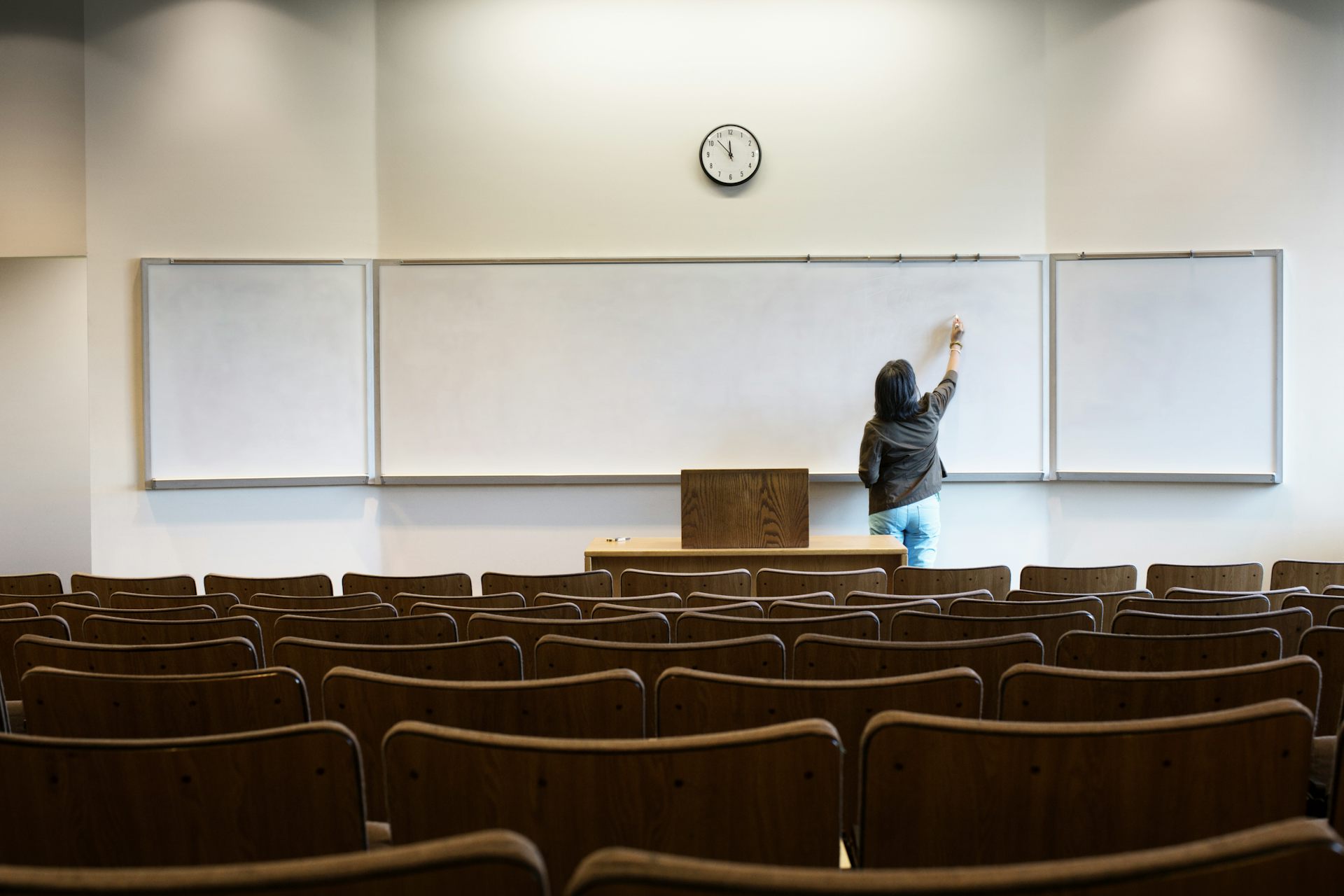African immigrant students draw on family and community strengths in quest for college
African immigrant students sometimes experience negative stereotyping, marginalization and low expectations from teachers. But emerging research shows they are being mischaracterized.

Black African immigration to the U.S. has exploded over the past few decades. Today, there are about 2 million Black African immigrants – up from 184,000 in 1990. Black African immigrants now make up 42% of the country’s foreign-born Black population, just behind Caribbean immigrants.
While large metropolitan areas typically see the biggest shares of African immigrants, populations are also growing in rural areas. In Iowa, for example, 17% of foreign-born residents in 2022 were born in Africa, compared with just under 3% in 1990.
As a Ph.D. candidate in the Department of Educational Policy and Leadership Studies at the University of Iowa, Mavis Gyesi researches the educational experiences of African immigrants in U.S. high schools and their transition to college.
In a working paper, Gyesi interviewed 13 African immigrant students in Iowa high schools who come from different cultures and speak different languages. She found that many of them take advanced courses in high school and aspire to go to four-year colleges, busting what research has shown to be stereotypes about African students as academically unmotivated or likely to fail.
In this Q&A, Gyesi addresses the research, including wide gaps, about African immigrants’ educational experiences and achievements._
What myths exist about African immigrants and their educational attainment?
Research shows that in K-12 schools, African immigrant children sometimes experience negative stereotyping and marginalization, with some students reporting that they think most Americans view them as underachievers and primitive, based on their accent, ethnicity, nationality and skin color. These low expectations from their teachers often follow Black immigrants in college, too. However, research also points out that these children are resilient and learn how to navigate schools that are culturally and linguistically different from the schools in their countries of origin.
There is a gap in data about African immigrants’ achievement in K-12 schools, largely because in most datasets, they are included in the same demographic as all Black students, immigrant and nonimmigrant alike. My research aims to separate these groups and find out how their needs and achievement levels may differ.
However, there is some data that dispels the myth that African immigrant children cannot – or do not want to – aim high in their education. Research shows that African immigrant students view college as an important steppingstone to achieving their career goals and having a higher quality of life. In my study, 12 out of the 13 students interviewed reported taking Advanced Placement classes. A few planned to participate in dual enrollment programs to earn college credit. “I thought AP classes would be the hardest things ever, but they’re really not that difficult if you’re paying attention,” one student told me.
African immigrants are also highly educated as a whole. According to the Migration Policy Institute, sub-Saharan African immigrant adults in the U.S. have higher levels of education than the foreign-born population in general. In 2019, 42% of sub-Saharan African immigrants age 25 and older held a bachelor’s degree or higher, compared with 33% for all foreign- and U.S.-born adults combined.
What educational values do African immigrants bring to US institutions?
Families and community networks play a vital role in African immigrants’ academic success. The involvement of many adults has been shown to play a significant role in students’ college readiness.
Using an Iowa school district as a case study in my research, I used Ubuntu and Harambee philosophies to explore the college-going decisions of children of African immigrants, including those born in the U.S.
Ubuntu and Harambee philosophies emphasize the oneness, community, interdependence and support networks that exist in African communities. “Ubuntu” comes from the Zulu and Xhola languages in South Africa, and “Harambee” is Swahili.
One student spoke about how her family encourages her to do her best in school and pursue more than just one college degree. One relative in particular told the student he “believes the hard work will be worth it in the end.”
What’s a major finding from your study?
The majority of African immigrant students I interviewed aspire to enroll in four-year universities. And they were specifically interested in Ivy League institutions. However, most of the students indicated that they needed more information about the college-going process.
Teachers and counselors can make sure African immigrant students learn about the process of applying for college early. This includes things like informing them about the cost of college and scholarship opportunities.
Mavis Gyesi does not work for, consult, own shares in or receive funding from any company or organization that would benefit from this article, and has disclosed no relevant affiliations beyond their academic appointment.
Read These Next
The greatest risk of AI in higher education isn’t cheating – it’s the erosion of learning itself
Automating knowledge production and teaching weakens the ecosystem of students and scholars that sustains…
Why Michelangelo’s ‘Last Judgment’ endures
The artist used daring imagery that sparked controversy from the moment it was unveiled.
‘Learning to be humble meant taming my need to stand out from the group’ – a humility scholar explai
Humility is a virtue that many people admire but far fewer practice. A scholar describes how a professional…






